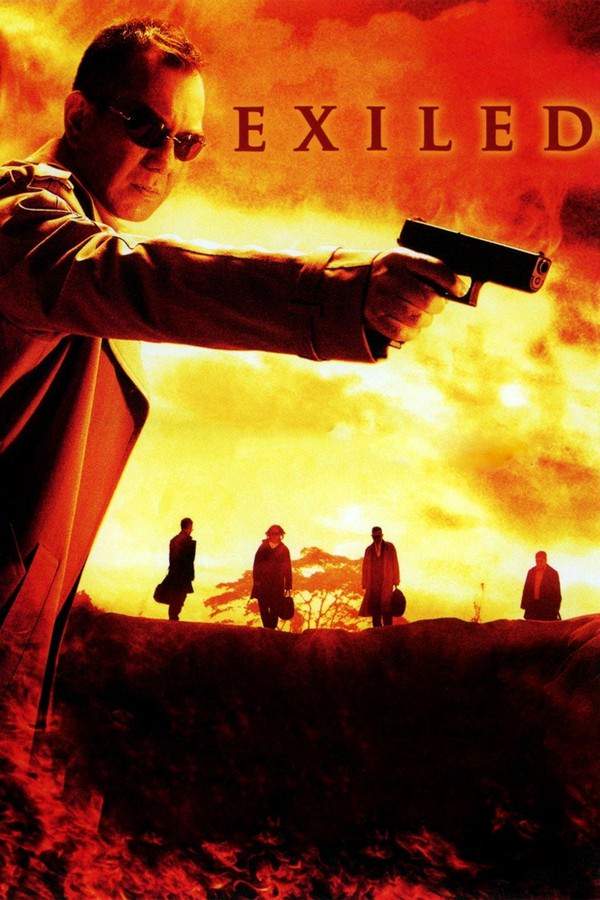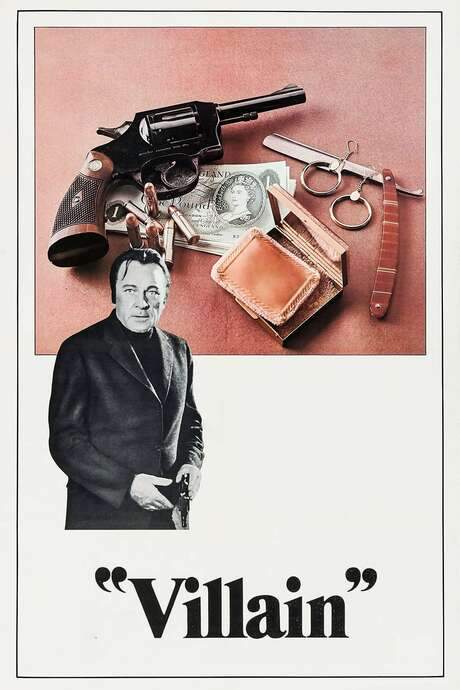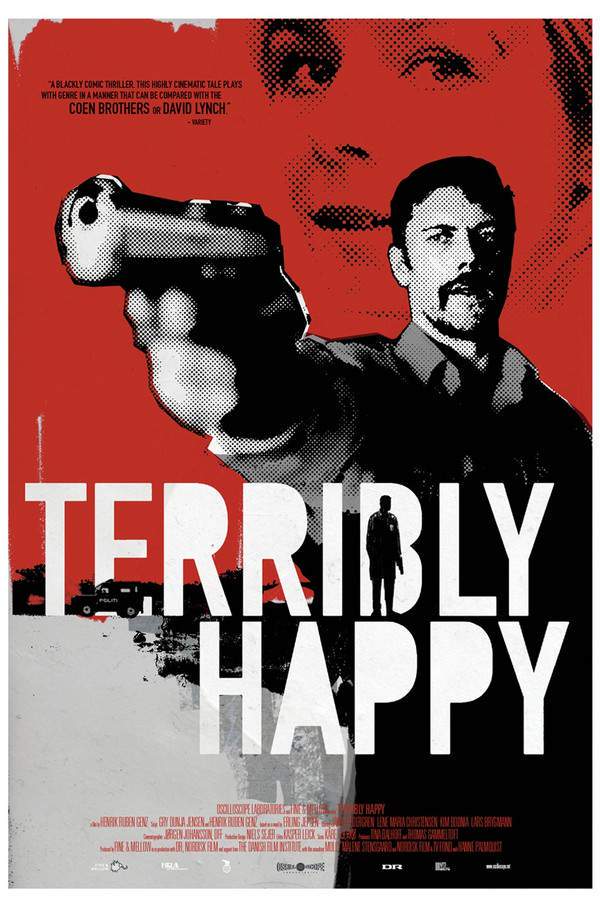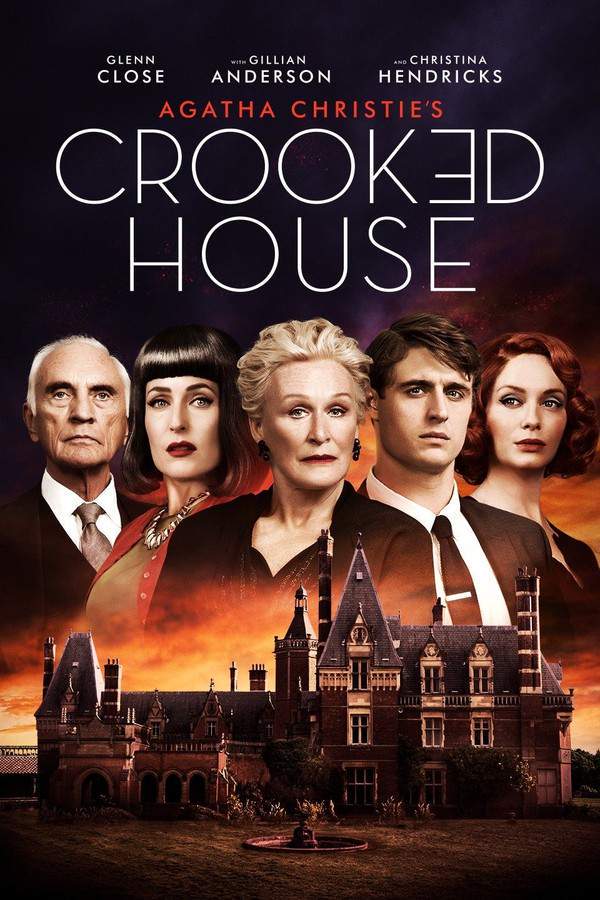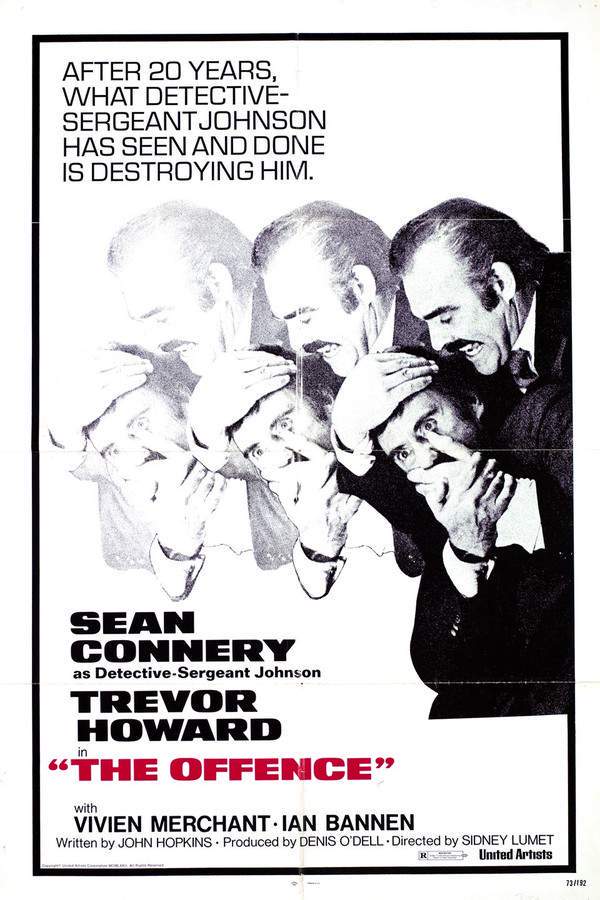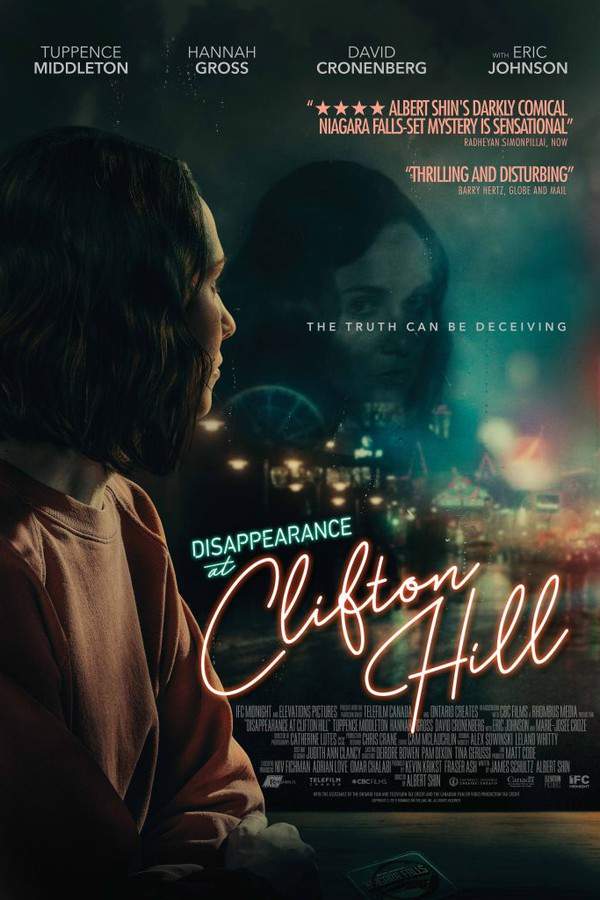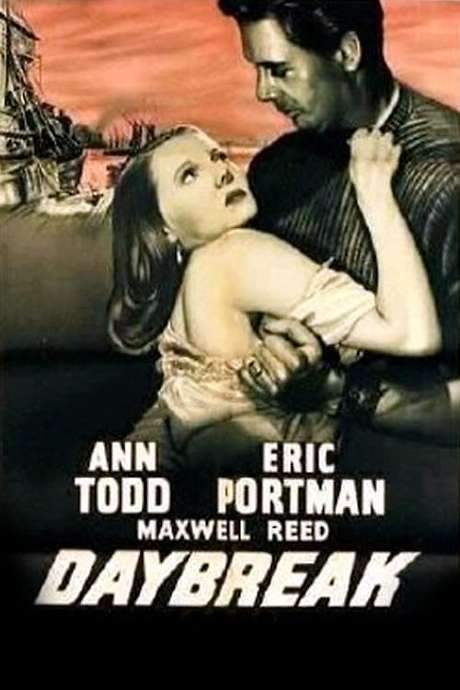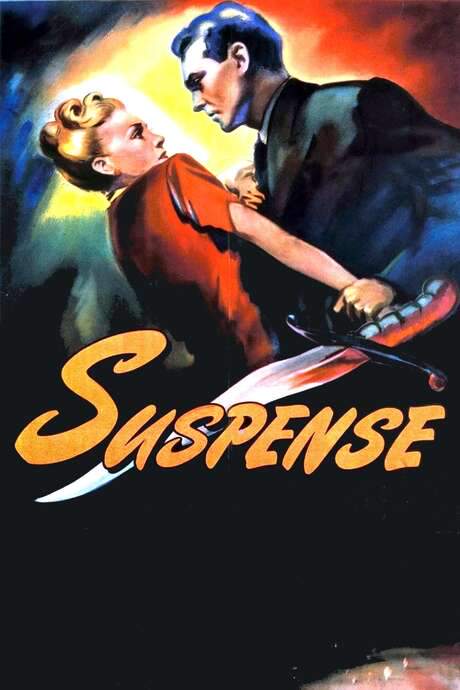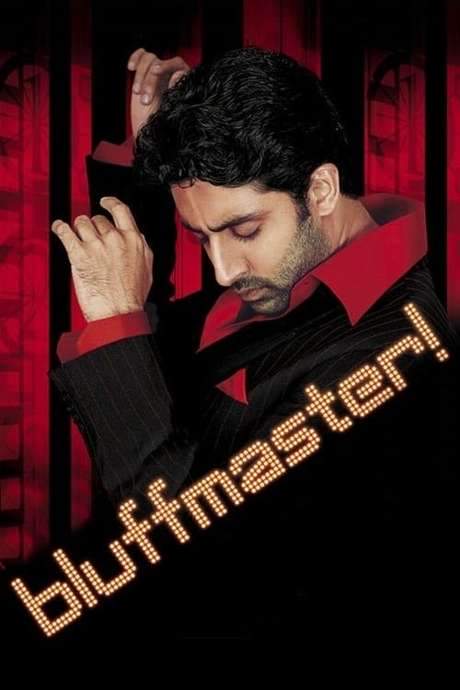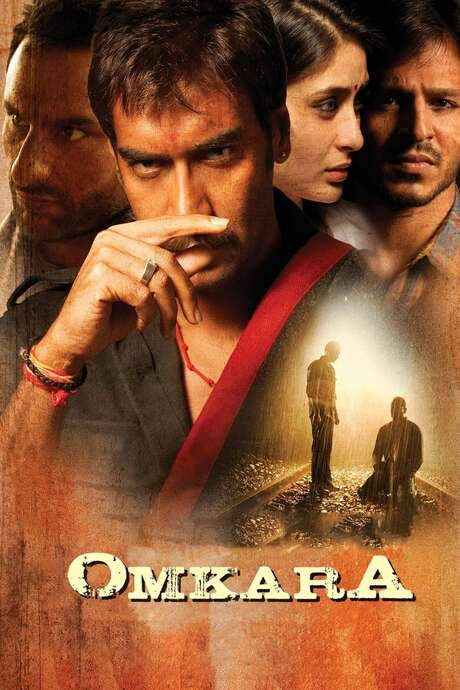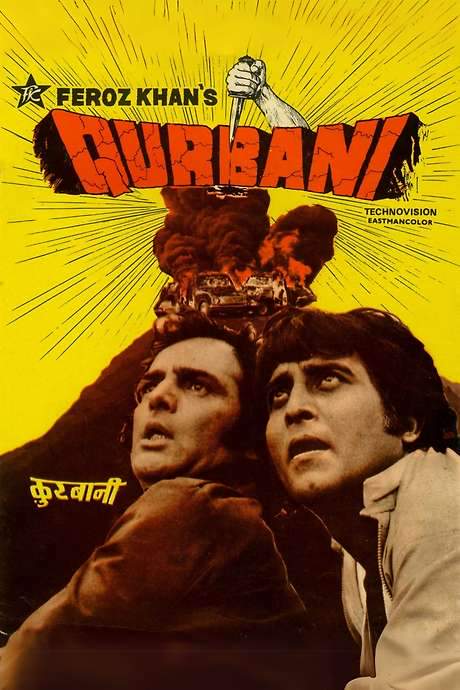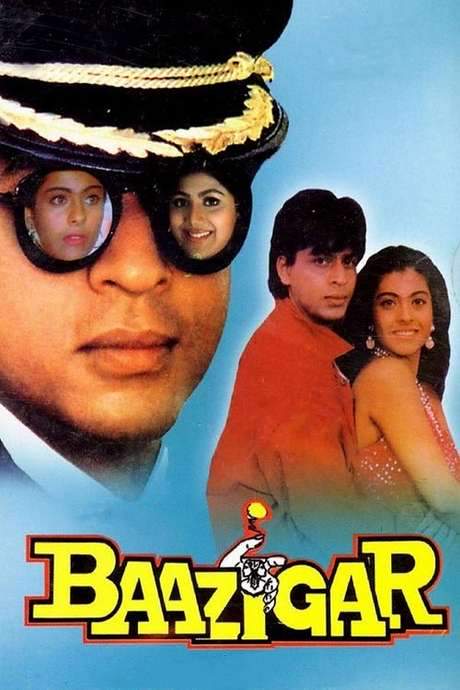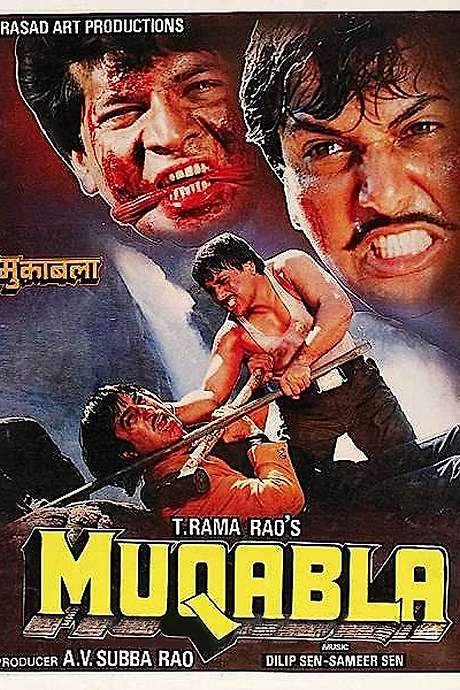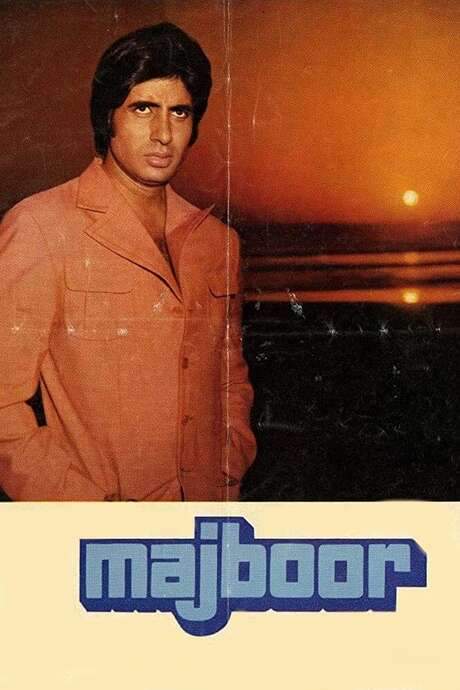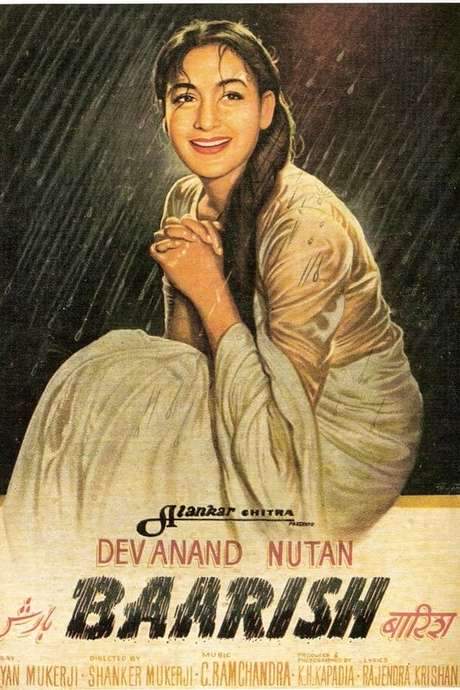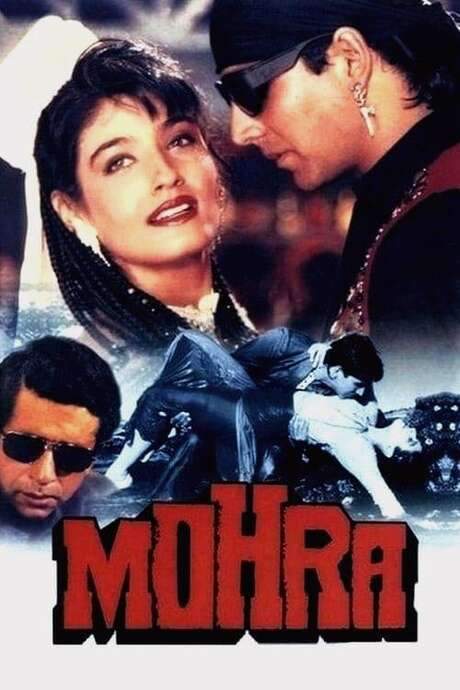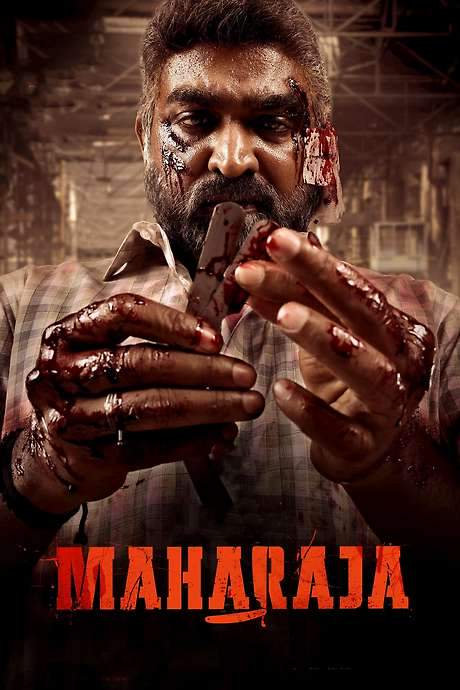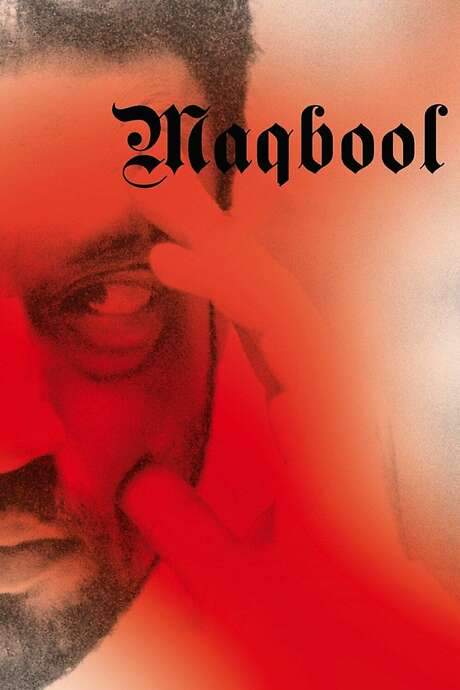
Maqbool
Year: 2003
Runtime: 132 mins
Language: Hindi
Director: Vishal Bhardwaj
A modern retelling of Shakespeare’s Macbeth transposes the Scottish tragedy to Mumbai’s underworld, where a power‑hungry crime lord, Abbaji, mirrors Duncan. Two crooked, fortune‑telling police officers assume the part of the Weird Sisters, guiding and manipulating events as ambition and betrayal erupt.
Warning: spoilers below!
Haven’t seen Maqbool yet? This summary contains major spoilers. Bookmark the page, watch the movie, and come back for the full breakdown. If you're ready, scroll on and relive the story!
Maqbool (2003) – Full Plot Summary & Ending Explained
Read the complete plot breakdown of Maqbool (2003), including all key story events, major twists, and the ending explained in detail. Discover what really happened—and what it all means.
The film reimagines Shakespeare’s Macbeth set against the brutal pulse of Mumbai’s underworld. Maqbool Miyan [Irrfan Khan] is the trusted right-hand man to Jahangir Khan, known as Abbaji [Pankaj Kapur], a powerful and calculating don who rules his territory with a quiet menace. Their bond feels personal for Maqbool—loyalty and gratitude run deep in a world built on loyalty, fear, and favors—yet the scent of ambition lingers in the air. The foreboding balance of power is watched over by two corrupt cops, Inspector Purohit [Naseeruddin Shah] and Inspector Pandit [Om Puri], whose dark humor sits atop a sharper instinct: they sense that Maqbool’s shadow will soon eclipse Abbaji’s reign.
Nimmi [Tabu] is Abbaji’s mistress, but the film makes clear that her loyalties—and her heart—lie with Maqbool as well. The pair share a dangerous, secret bond that becomes the tinder for the plot’s most explosive turn. Nimmi’s influence over Maqbool runs beyond romance; she feeds his ambition and counsels him to seize Abbaji’s throne. The plan is sinfully simple: eliminate Abbaji, and the path to power will open with Maqbool stepping into the Don’s seat.
Caught between love and loyalty, Maqbool begins to maneuver the chessboard to his advantage, quietly severing potential threats and positioning himself so that no one can stand in his way. The tension tightens as the couple’s scheme edges toward a horrifying culmination. In a moment both intimate and chilling, Maqbool murders Abbaji in his bed at night, with Nimmi beside him, sealing the outcome with blood and silence. The act delivers Maqbool the throne, but it also dawns a heavy ghost—Abbaji’s spectral presence—haunting the new Don and his accomplice as they confront the consequences of their crime.
From there, guilt gnaws at them as the loyalty of the gang frays. Paranoia spreads, suspicions mount, and the lovers’ ascent quickly darkens into tragedy. The film emphasizes how the personal and the political intertwine, showing that power in this world comes at a cost beyond the immediate act of murder.
Beyond the central tragedy, the film’s ensemble shines, notably through the performance of the two morally gray police inspectors who are more than mere comic relief. They are active participants in the story, framed as astrologers who speak of “balancing forces” while actively steering events to favor outcomes they prefer. Their meddling helps to orchestrate the fall of Abbaji and the rise—and fall—of Maqbool, shaping the course of the underworld’s power struggles. Their schemes include assisting in wiping out a rival gang, subtly coercing Maqbool into shifting loyalties, and sabotaging attempts on rival players like Riyaz Boti [Ankur Vikal], all while threading a dangerous political alliance.
As the tension escalates, the film weaves together themes of loyalty, love, guilt, and the corrupting allure of power. The murky moral landscape is brought to life through a stellar cast, with each actor contributing to a narrative that feels both timeless and sharply contemporary. The tragedy of Maqbool and Nimmi unfolds against a city that never sleeps, where the pursuit of power is always shadowed by the memory of bloodshed and the inescapable weight of choice.
Last Updated: October 09, 2025 at 16:52
Explore Movie Threads
Discover curated groups of movies connected by mood, themes, and story style. Browse collections built around emotion, atmosphere, and narrative focus to easily find films that match what you feel like watching right now.
Fatalistic Gangster Tragedies like Maqbool
Stories of ambitious criminals trapped by their own greed and inevitable fate.If you enjoyed the inevitable downfall and heavy atmosphere of Maqbool, explore more movies like it. This collection features gripping crime sagas where ambition in the underworld leads to guilt, paranoia, and a tragic, fate-sealed ending, similar to Shakespearean gangster dramas.
Narrative Summary
The narrative typically follows a rise-and-fall arc, where a character seizes power through morally reprehensible acts but is psychologically destroyed by the aftermath. The plot is often driven by betrayal and manipulation, culminating in an ending that feels both tragic and inevitable, reinforcing themes of fatalism.
Why These Movies?
Movies are grouped here for their shared focus on the corrupting nature of power within a crime-centric world, a consistently dark and tense tone, and a narrative structure that builds steadily towards a bleak, emotionally heavy conclusion centered on moral collapse.
Movies with a Claustrophobic Psychological Unraveling like Maqbool
Intense character studies of minds collapsing under the weight of guilt and suspicion.For viewers who appreciated the psychological tension and paranoid descent in Maqbool, this list curates similar movies. Discover character-driven dramas and thrillers where the central theme is a slow, intense psychological collapse, creating a claustrophobic and gripping experience akin to Shakespearean tragedies.
Narrative Summary
The narrative is intensely character-focused, charting a slow but steady descent into madness or paranoia. The pacing often feels claustrophobic, mirroring the protagonist's trapped mental state. External threats are often secondary to the internal battle with guilt, fear, and a deteriorating grasp on sanity.
Why These Movies?
These films share a core experience of watching a character's mind unravel. They are connected by a high-intensity, emotionally heavy vibe, a steady pacing that builds unease, and a dominant mood of paranoia and claustrophobia, making the viewer feel the protagonist's psychological prison.
Unlock the Full Story of Maqbool
Don't stop at just watching — explore Maqbool in full detail. From the complete plot summary and scene-by-scene timeline to character breakdowns, thematic analysis, and a deep dive into the ending — every page helps you truly understand what Maqbool is all about. Plus, discover what's next after the movie.
Maqbool Timeline
Track the full timeline of Maqbool with every major event arranged chronologically. Perfect for decoding non-linear storytelling, flashbacks, or parallel narratives with a clear scene-by-scene breakdown.

Characters, Settings & Themes in Maqbool
Discover the characters, locations, and core themes that shape Maqbool. Get insights into symbolic elements, setting significance, and deeper narrative meaning — ideal for thematic analysis and movie breakdowns.

Maqbool Spoiler-Free Summary
Get a quick, spoiler-free overview of Maqbool that covers the main plot points and key details without revealing any major twists or spoilers. Perfect for those who want to know what to expect before diving in.

More About Maqbool
Visit What's After the Movie to explore more about Maqbool: box office results, cast and crew info, production details, post-credit scenes, and external links — all in one place for movie fans and researchers.

Similar Movies to Maqbool
Discover movies like Maqbool that share similar genres, themes, and storytelling elements. Whether you’re drawn to the atmosphere, character arcs, or plot structure, these curated recommendations will help you explore more films you’ll love.
Explore More About Movie Maqbool
Maqbool (2003) Scene-by-Scene Movie Timeline
Maqbool (2003) Movie Characters, Themes & Settings
Maqbool (2003) Spoiler-Free Summary & Key Flow
Movies Like Maqbool – Similar Titles You’ll Enjoy
Haider (2014) Full Summary & Key Details
Bluffmaster! (2005) Full Summary & Key Details
Omkara (2006) Story Summary & Characters
Qayamat: City Under Threat (2003) Full Movie Breakdown
Qurbani (1980) Complete Plot Breakdown
Taish (2020) Story Summary & Characters
Qayamat Se Qayamat Tak (1988) Complete Plot Breakdown
Baazigar (1993) Detailed Story Recap
Muqabla (1993) Story Summary & Characters
Majboor (1974) Full Summary & Key Details
Baarish (1957) Spoiler-Packed Plot Recap
Kaminey (2009) Spoiler-Packed Plot Recap
Maachis (1996) Full Summary & Key Details
Mohra (1994) Full Movie Breakdown
Maharaja (2024) Story Summary & Characters

